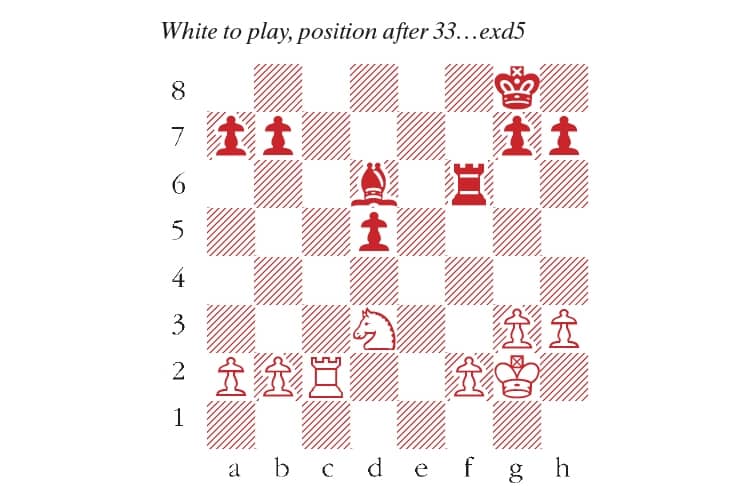I sat on the plane to the Isle of Man, leafing through a copy of Nigel Short’s new book, Winning. Since I was about to play a chess tournament, you would imagine that Short’s analysis of eight memorable tournament victories contained insights for my own campaign. Strange to say, that thought hardly crossed my mind.
I was on my way to the Manx Liberty Masters, a ten-player all-play-all tournament, held in elegant surroundings in the town hall of the capital, Douglas. Dietmar Kolbus, who also captains the Manx Liberty team in the Four Nations Chess League, took on the demanding dual role of being a player and organiser. In doing so, he continues the tradition of fine events held in the Isle of Man, which began with the Monarch Assurance Tournaments in the 1990’s, all the way up to the Fide Grand Swiss in 2019.
I was thrilled to be invited, but fearful of how deconditioned I was to the hurly-burly of tournament play. The brutal fact was that a whole year had passed since I sat opposite a physical opponent. So I approached my first round game, against Poland’s Kacper Piorun, with great enthusiasm, but even greater caution, resulting in a long but colourless draw.
My second game turned out to be a blessing in disguise. Miklos Galyas, from Hungary, exploited my listless play in the opening and put me under severe pressure. My hackles were raised just in time to halt the slide toward a truly rancid position. I salvaged a draw, but that was the warning shot that I needed.
One unusual aspect of Short’s book is its format. Most autobiographical works stick to the highlights, but Winning includes each game from each tournament. Those tournament victories are almost never a glorious procession. There are brilliancies, yes, but also sloppy games, dull games, and moments of dumb luck. That was oddly reassuring, as I reflected on the woozy beginning of my own event. For the remainder of the tournament I felt fully alert, with limited flair but ample determination. A string of wins in the middle helped me take first place with 6.5/9, ahead of Piorun, who is renowned as a five-time world champion in chess problem solving.
I reached the diagram position against a strong Romanian grandmaster. It looks innocuous, as it would be if Black had time to bring the king across to d7. But I spotted a chance to confront my opponent with a treacherous pawn endgame. There was no time for lengthy deliberation. It was now or never, so I crossed my fingers and went for it.
Luke McShane–Mircea-Emilian Parligras
Manx Liberty Masters, September 2021
34 Rc8+ Rf8 Left unattended, my rook would quickly harass the queenside pawns. 35 Rxf8+ Kxf8 36 Kf3 Ke7 37 Nf4 Bxf4 If 37…d4 38 Nd3 and Kf3-e4 will soon collect the pawn. 38 Kxf4 White’s plan is to move the king on d4, and inch the kingside pawns forward until Black’s king is overworked between defending d5 and minding the pawn advance. Ke6 The decisive mistake, I believe. During the game, I wondered whether 38…Kd6 might be a better chance, striving to advance the passed pawn. Analysis backs up that hunch, e.g. 39 Ke3 Kc5 40 f4 d4+ 41 Ke4 Kc4 42 f5 h5 43 g4 hxg4 44 hxg4 d3 45 Ke3 d2 46 Kxd2 Kd4 47 g5 Ke5 and all the kingside pawns are liquidated, but we could hardly foresee this during the game. 39 Ke3 h5 40 g4 h4 41 f4 g6 42 Kd4 Kd6 43 f5 Black resigns. After 43…gxf5 44 gxf5 b5 45 b4 a6 46 a3 Black must soon give ground with Kd6-c6, when Kd4-e5 and f5-f6 will win easily. Or 43…g5 44 f6 Ke6 45 f7 Kxf7 46 Kxd5 and Black will soon be outflanked on the kingside.






Comments